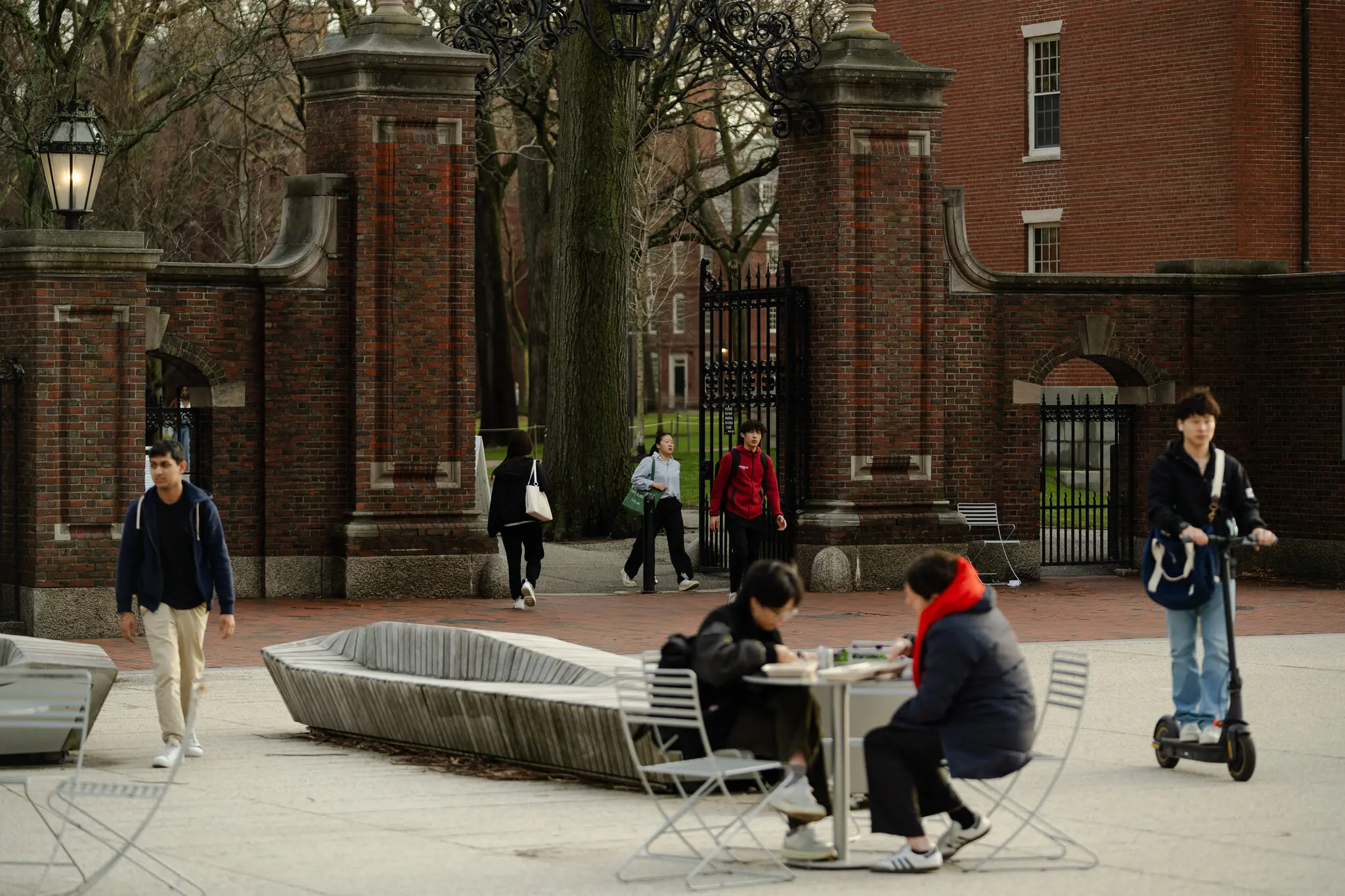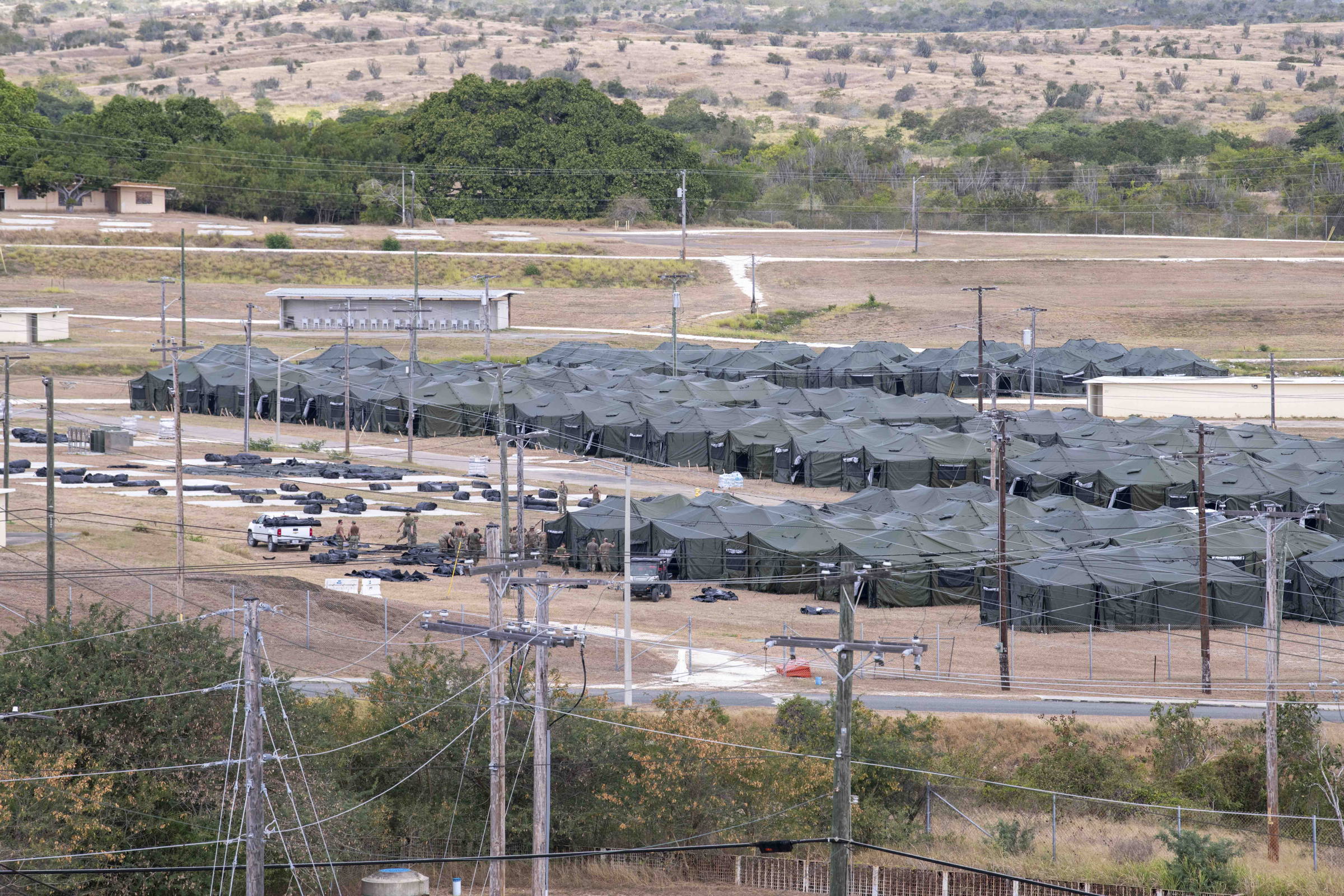Harvard University has found itself at the center of mounting geopolitical tensions between the United States and China, as Beijing increases scrutiny of American institutions operating in the country—an escalation driven in part by the anticipated return of Donald Trump to the White House and his aggressive stance on China.
According to the New York Times, Chinese authorities are re-evaluating educational and cultural partnerships with U.S. universities, with Harvard’s joint programs and academic exchanges facing particular pressure. Officials in Beijing have reportedly questioned whether continuing such collaborations aligns with China’s national interests, given the increasingly hostile tone of U.S. politics, especially under Trump-aligned leadership.
Harvard, which has long maintained programs in China through partnerships with local universities and government agencies, now finds itself vulnerable as bilateral trust deteriorates. Several Chinese officials, speaking on condition of anonymity, described elite American institutions as potential vectors of “ideological interference.”
This shift comes as China tightens its control over foreign academic engagement, mirroring broader policies aimed at reducing dependence on U.S. technology, capital, and influence. “They are targeting symbols of American soft power,” said Susan Shirk, a former U.S. deputy assistant secretary of state and expert on U.S.-China relations. “Universities like Harvard are in the crosshairs because they represent intellectual and cultural exchange at a time when both sides are retreating into suspicion.”
The Chinese Communist Party has instructed several local universities to “review the necessity” of joint research projects with American counterparts and warned against “promoting Western liberal values” in classroom settings.
At the same time, U.S. institutions are increasingly under political pressure at home. Trump-aligned lawmakers have pushed for restrictions on American universities’ collaborations with Chinese entities, citing espionage concerns and influence operations. Federal funding for such programs is being re-examined, and legislation has been introduced to limit Chinese nationals’ access to sensitive academic research.
Harvard has not commented publicly on any direct threats to its programs in China but reiterated its commitment to academic freedom and global engagement. “We value our international partnerships and continue to monitor the evolving landscape,” a university spokesperson said.
The backdrop to this tension is the broader shift in U.S.-China relations, with both countries moving further apart economically, militarily, and ideologically. Trump, who is currently the Republican frontrunner in the 2024 presidential race, has vowed to “decouple” from China and eliminate what he calls “Trojan horse influence operations” on American soil—including within academic institutions.
Beijing’s response to the Trump resurgence has been cautious but firm. While Chinese leaders have avoided overt confrontation so far, they are clearly preparing for a harder phase in the bilateral relationship. Cutting ties with institutions like Harvard could be both a symbolic and strategic move in that direction.
Some Chinese academics warn that disengagement would harm China’s own research capabilities and isolate its students. “We learn a lot from cooperation with U.S. universities,” said a professor at Peking University. “But now it’s all politics. No one feels secure.”
Meanwhile, students and researchers caught in the middle are facing uncertainty. Harvard’s China-based scholars report delays in visa renewals, increased surveillance, and tightened bureaucratic oversight.
As the global order becomes more fractured, academic institutions—once seen as bridges between cultures—are becoming battlegrounds for influence, nationalism, and control. And in this new cold war-like atmosphere, even the ivory towers of Harvard may not be spared.
Source: The New York Times



